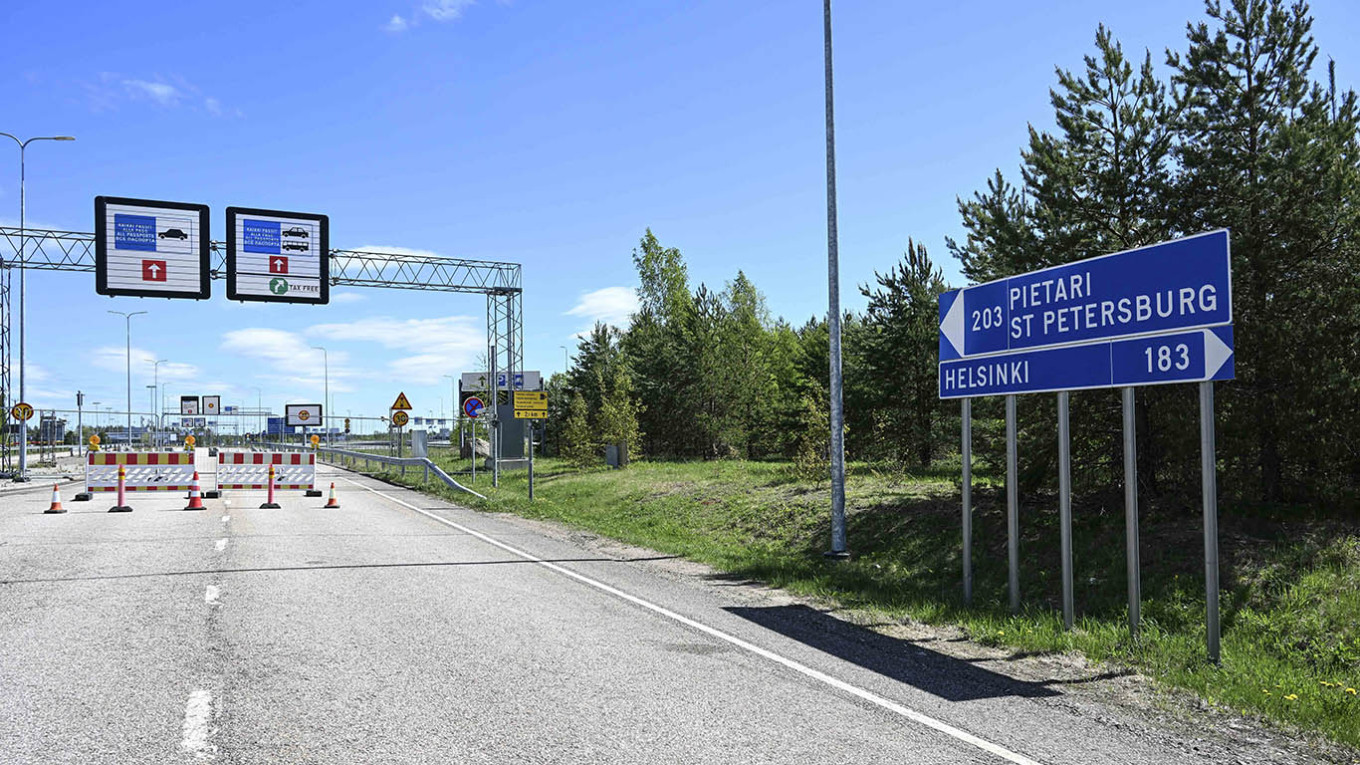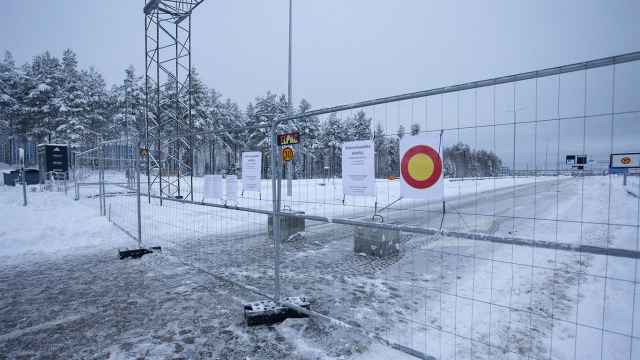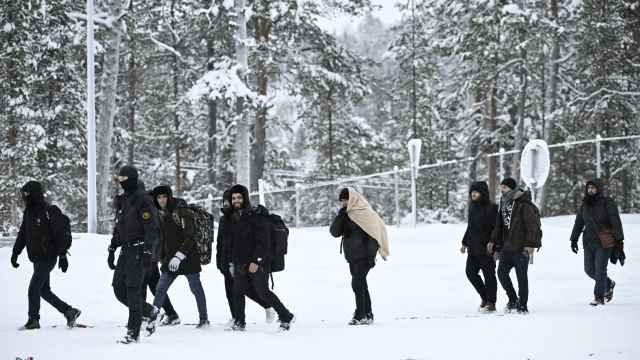Finnish President Alexander Stubb on Tuesday signed a controversial law allowing the country’s border guards to refuse entry to asylum seekers who cross over from Russia.
The Nordic country’s right-wing government had for months argued that new legal tools were needed to combat an uptick in asylum seekers from Russia, which in mid-December prompted the Finnish government to shutter the border with its eastern neighbor.
Helsinki has accused Moscow of orchestrating a “hybrid attack” by sending asylum seekers from countries in Africa and the Middle East to their shared border — a charge the Kremlin denies.
The new so-called “deportation law,” which is an emergency measure, will not be implemented upon its enactment. Both the Finnish government and the president must assess when the threshold for its implementation is met.
Finnish officials have said the legislation could pave the way for the Russian-Finnish border to reopen once approved by security agencies.
Legal experts argue that the law goes against the human rights obligations enshrined in Finland’s constitution, as well as international legal commitments. Around 100 people gathered outside the Finnish parliament to protest the law.
President Stubb acknowledged the “legal and humane considerations” in a short statement announcing his approval of the act at a presidential session of the Finnish government. “The debate is an indication of Finnish people’s strong commitment to national security and the rule of law,” he said.
Finnish Prime Minister Petteri Orpo had told a press conference after a vote in parliament on Friday that Helsinki was sending a “strong message to Russia and a strong message to our allies.”
Under the newly passed law, only certain asylum seekers, such as children or people with disabilities, will be allowed to seek protection during its implementation.
AFP contributed reporting.
A Message from The Moscow Times:
Dear readers,
We are facing unprecedented challenges. Russia's Prosecutor General's Office has designated The Moscow Times as an "undesirable" organization, criminalizing our work and putting our staff at risk of prosecution. This follows our earlier unjust labeling as a "foreign agent."
These actions are direct attempts to silence independent journalism in Russia. The authorities claim our work "discredits the decisions of the Russian leadership." We see things differently: we strive to provide accurate, unbiased reporting on Russia.
We, the journalists of The Moscow Times, refuse to be silenced. But to continue our work, we need your help.
Your support, no matter how small, makes a world of difference. If you can, please support us monthly starting from just $2. It's quick to set up, and every contribution makes a significant impact.
By supporting The Moscow Times, you're defending open, independent journalism in the face of repression. Thank you for standing with us.
Remind me later.






